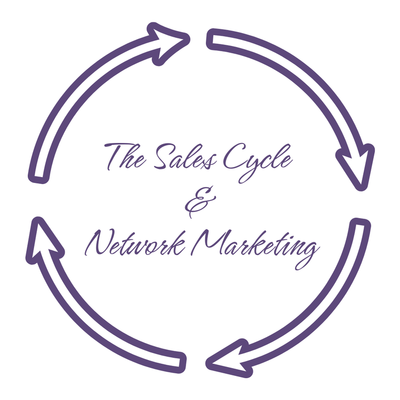
In the fast-paced world of entrepreneurship, efficiency is key. Automation stands out as a transformative force, enabling business owners to focus on growth and innovation by streamlining mundane tasks. "Boosting Productivity with Automation: Tools and Tips for Entrepreneurs" dives into the myriad ways automation technology can enhance business operations, reduce costs, and free up valuable time. For entrepreneurs, integrating automation isn't just about working harder; it's about working smarter.
The first step in embracing automation is understanding the areas of your business that stand to benefit most from technological intervention. Common starting points include customer relationship management, accounting, and social media marketing. These functions often involve repetitive tasks that can be automated to reduce errors and improve efficiency. Tools like CRM software can automate customer interactions and data entry, financial software can handle invoicing and payroll, and scheduling tools can manage social media posts. By automating these key areas, entrepreneurs can allocate more resources to strategic activities that drive business growth.
However, the decision to automate should be approached with a strategic mindset. While automation offers numerous benefits, it's crucial to assess the specific needs of your business to determine which processes are suitable for automation and which might require a more nuanced, human touch. The goal of automation should be to enhance your operations, not to replace the unique insights and decision-making capabilities that human involvement brings. Effective implementation of automation tools involves a careful balance between technology and personal oversight, ensuring that automation acts as a complement to, rather than a replacement for, human skills and creativity.
In the quest for increased productivity, automation tools serve as essential assets for any entrepreneur. They simplify routine tasks, reduce errors, and free up time that can be invested in more strategic activities. For example, email marketing automation tools can help businesses automate their communication flows, ensuring messages are sent out at optimized times without ongoing manual intervention. This not only enhances efficiency but also boosts customer engagement through timely and relevant interactions.
Another significant area where automation can play a crucial role is in customer relationship management (CRM). Automation in CRM systems can help track customer interactions, manage leads, and facilitate sales operations with greater accuracy and less manual oversight. By automating these processes, entrepreneurs can ensure that no lead is neglected and that every customer interaction is leveraged for maximum impact, ultimately contributing to a more robust sales pipeline.
Furthermore, project management is another domain where automation tools can dramatically improve productivity. Tools like Asana and Trello automate task assignments, progress tracking, and deadline reminders, which helps keep projects on track and team members aligned. Automation in project management not only speeds up the workflow but also provides a clear overview of project status, resource allocation, and potential bottlenecks, enabling quicker adjustments and more effective management.
As entrepreneurs integrate automation into their business practices, the importance of continuous learning and adaptation becomes paramount. Keeping abreast of the latest advancements in automation technology can provide significant competitive advantages. It's crucial to attend webinars, participate in workshops, and stay connected with online communities that focus on technological advancements in your industry. This ongoing education can help you leverage newer, more efficient tools as they become available, ensuring your business remains at the cutting edge of productivity techniques.
Moreover, while implementing automation tools can lead to significant efficiency gains, it is vital to monitor and analyze the impact of these tools regularly. Use analytics to assess how automation is affecting various aspects of your business, from marketing ROI to customer service satisfaction and operational efficiency. This data will not only help you fine-tune your processes but also identify areas where automation may not be the best solution. Sometimes, the human touch is irreplaceable, and understanding where and how to blend automation with human interaction can be the key to maximizing both productivity and customer satisfaction.
Finally, the successful implementation of automation within a business requires a change in mindset at all levels of the organization. It's essential to foster a culture that embraces technology and innovation. Encourage your team to think of automation as a tool to enhance their work, not as a replacement for their roles. With proper training and support, employees can shift from performing routine tasks to taking on more creative and strategic roles, driving the business forward. As automation frees up more time, it provides an excellent opportunity for teams to focus on growth and development, making your business not only more productive but also more innovative.
.png)




